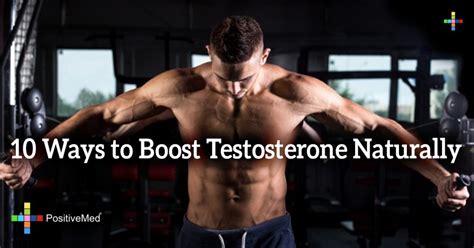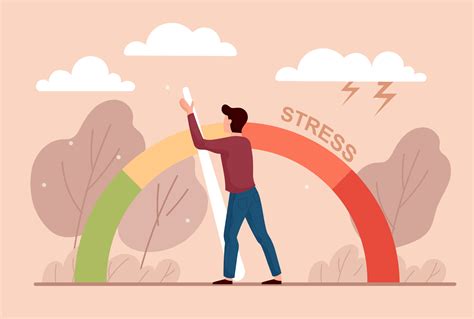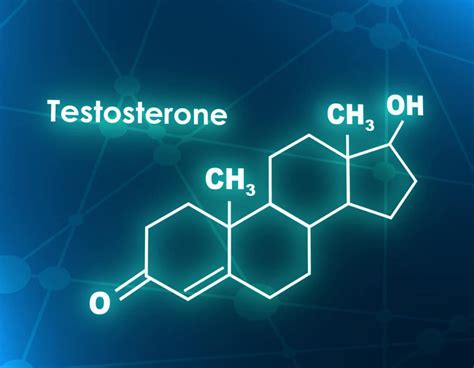How to naturally boost testosterone for peak male vitality & performance?

Understanding the Power of Testosterone
Testosterone, often hailed as the cornerstone of male health, plays a pivotal role far beyond just muscle mass and sex drive. This crucial hormone influences everything from energy levels, mood, and cognitive function to bone density and cardiovascular health. As men age, testosterone levels naturally decline, but lifestyle factors can also contribute to suboptimal levels at any age. Recognizing the signs—such as fatigue, decreased libido, weight gain, or mood swings—is the first step towards taking proactive measures.
Fortunately, you don’t always need pharmaceutical interventions. A multitude of natural strategies can significantly impact your body’s ability to produce and utilize testosterone effectively. By optimizing key areas of your lifestyle, men can unlock a renewed sense of vitality, strength, and overall well-being.

Nutrition: Fueling Your Hormones
What you eat directly impacts your hormonal balance. To naturally support testosterone production, focus on a diet rich in whole, unprocessed foods:
- Healthy Fats: Cholesterol is a precursor to testosterone. Incorporate monounsaturated and polyunsaturated fats from sources like avocados, nuts, seeds, olive oil, and fatty fish (salmon, mackerel). Avoid trans fats.
- Zinc-Rich Foods: Zinc is a vital mineral for testosterone production. Oysters are legendary, but red meat, poultry, beans, nuts, and dairy products are also excellent sources.
- Vitamin D: Often called the “sunshine vitamin,” Vitamin D acts like a steroid hormone in the body. Adequate levels are strongly linked to higher testosterone. Spend time in the sun or consume fortified foods and fatty fish.
- Protein Intake: Sufficient protein from lean meats, eggs, dairy, and plant-based sources supports muscle building and overall hormonal health without overdoing it, which can sometimes impact testosterone.
- Cruciferous Vegetables: Foods like broccoli, cauliflower, and cabbage contain compounds that help regulate estrogen levels, which can indirectly benefit testosterone.

Exercise: Move for More T
Regular physical activity is one of the most powerful natural testosterone boosters. However, not all exercises are created equal for this purpose:
- Strength Training: Lifting weights, especially compound movements like squats, deadlifts, bench presses, and rows, has been shown to significantly increase testosterone levels. Focus on heavy, multi-joint exercises.
- High-Intensity Interval Training (HIIT): Short bursts of intense exercise followed by brief recovery periods can also lead to a notable increase in testosterone.
- Avoid Overtraining: While exercise is crucial, excessive chronic cardio or overtraining can actually lead to a decrease in testosterone and an increase in cortisol (the stress hormone). Listen to your body and incorporate adequate rest.
Sleep: The Unsung Hero
Quality sleep is non-negotiable for optimal testosterone production. Most of your body’s testosterone is produced during deep sleep phases. Chronic sleep deprivation can drastically lower your levels.
- Aim for 7-9 Hours: Prioritize 7-9 hours of uninterrupted, high-quality sleep each night.
- Establish a Sleep Routine: Go to bed and wake up at consistent times, even on weekends.
- Optimize Your Sleep Environment: Ensure your bedroom is dark, quiet, and cool. Avoid screens before bed.

Stress Management: Taming Cortisol
Chronic stress elevates cortisol, a hormone that has an inverse relationship with testosterone. When cortisol levels are high, testosterone tends to be low.
- Mindfulness and Meditation: Practices like meditation, deep breathing exercises, and yoga can significantly reduce stress.
- Hobbies and Relaxation: Engage in activities you enjoy to unwind and de-stress.
- Time Management: Organize your tasks to reduce feelings of overwhelm.

Lifestyle Factors & Supplements
Beyond the core pillars, other lifestyle choices play a role:
- Limit Alcohol: Excessive alcohol consumption can interfere with testosterone production.
- Avoid Endocrine Disruptors: Be mindful of plastics (BPA), parabens, and phthalates found in certain products, which can mimic estrogen in the body.
- Consider Natural Supplements (with caution): While lifestyle is paramount, some supplements like Ashwagandha, Fenugreek, and DHEA have shown promise in some studies. Always consult a healthcare professional before starting any supplement regimen.

Embrace a Holistic Approach
Boosting testosterone naturally isn’t about a single magic bullet; it’s about adopting a holistic approach to health. By consistently implementing these dietary, exercise, sleep, and stress management strategies, you empower your body to optimize its hormonal environment. The journey to peak male vitality and performance is a marathon, not a sprint, but the rewards—enhanced energy, improved mood, increased strength, and a thriving sex drive—are well worth the sustained effort. Always consult with a healthcare provider before making significant changes to your diet, exercise routine, or supplement intake, especially if you have underlying health conditions.









